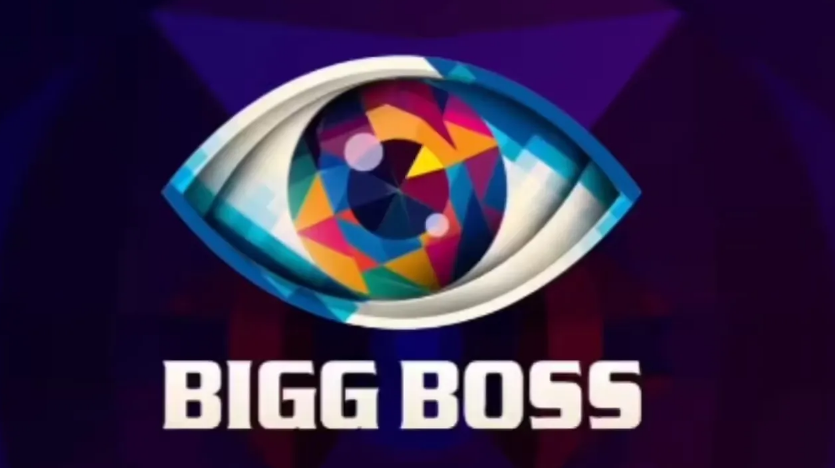Bigg Boss is a widely recognized reality television show in India, particularly popular among young audiences. The program features social media influencers, film and television actors who stay together in a house for approximately 90 days. Contestants participate in games, tasks, and challenges, but the primary attraction is the interpersonal conflicts, arguments, and emotional exchanges between participants. These interactions have helped the show gain significant viewership, with some audiences watching for entertainment and others drawn to the drama.
Television ratings (TRPs) often spike during conflicts among contestants, and show organizers are frequently accused of encouraging such confrontations to boost viewership. While Bigg Boss enjoys a loyal fanbase, critics argue that it exploits contestants’ emotions for entertainment, raising questions about the social message conveyed. Despite the criticism, the show’s popularity continues to grow steadily.
Global Origins and Indian Adaptation
Bigg Boss is not an original Indian concept. It was first created in the Netherlands in 1999 by television producer John de Mol Jr., under the name Big Brother. The show featured 12 contestants living together with minimal facilities, assigned tasks, and no contact with the outside world. Its main goal was to observe participants’ behavior in a confined environment. Following the success in the Netherlands, the format expanded internationally to countries including Germany, the USA, the UK, Italy, Brazil, Canada, Sweden, Portugal, and Belgium. Today, the show is broadcast in over 50 countries under various names.
In India, the Hindi version of the show, Bigg Boss, premiered in 2006. Its success led to regional adaptations: Karnataka and West Bengal in 2013, Tamil Nadu and Telugu states in 2017, and Maharashtra and Kerala in 2018. The Telugu version of the show was first hosted by Junior NTR in 2017. Currently, Bigg Boss airs in multiple Indian languages across the country.
Controversies and Criticism
Over the years, the show has faced several controversies. In Hindi Bigg Boss Season 4 (2010), contestants Veena Malik and Ashmit Patel were shown in intimate situations, sparking criticism for being against Indian cultural norms. Similar incidents occurred in later seasons, including Season 8 and Season 11, where contestants’ private interactions were broadcast, attracting public outrage and viral social media attention. In the Telugu version, while explicit intimate scenes have been minimal, arguments and heated confrontations among contestants have been common.
Despite the controversies, Bigg Boss continues to attract viewers every year. While it has both ardent supporters and vocal critics, the show remains one of India’s most-watched reality programs, balancing entertainment, drama, and emotional storytelling.






